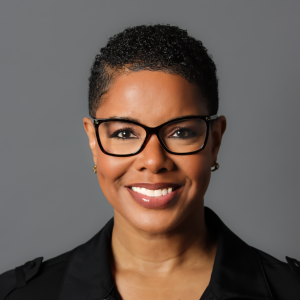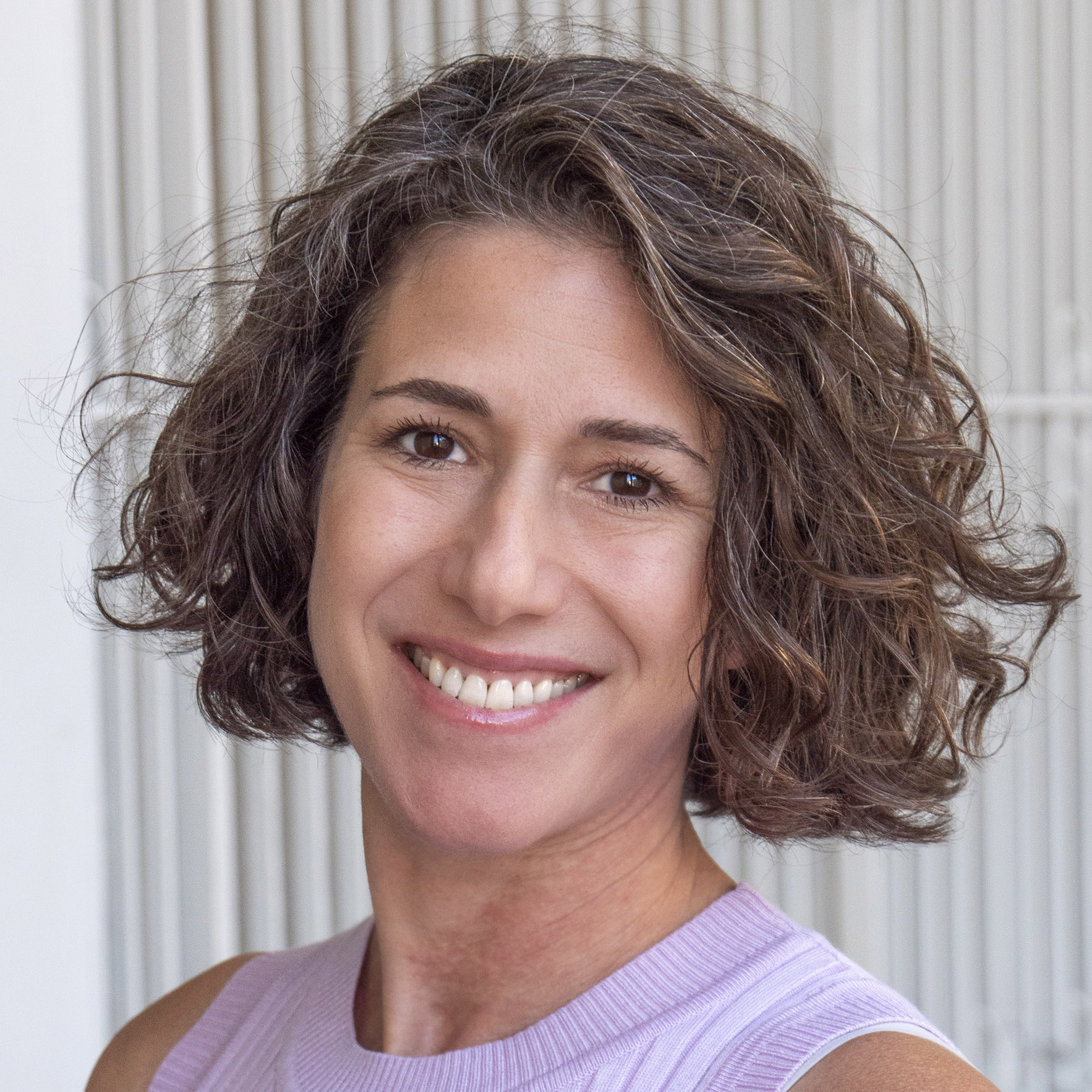
This is the fifth in a series of essays produced by Love Now Media and Technical.ly exploring the impact of artificial intelligence on various aspects of life in Philadelphia. Read the first essay on AI and personal safety, the second on AI and higher education, the third on AI and politics and the fourth on AI and your job.
The series is produced with the support of the Philadelphia Journalism Collaborative, a coalition of more than 25 local newsrooms doing solutions reporting on things that affect daily life where the problem and symptoms are obvious, but what’s driving them isn’t. Follow at @PHLJournoCollab.
However you feel about the idea of artificial intelligence — whether you believe society’s future depends on it or will be doomed by it — there’s wide agreement that the technology is likely to benefit healthcare.
The use of AI to improve diagnostic accuracy in conditions like cancer and cardiovascular disease has shown tremendous promise, and a paper from the National Institutes of Health touts artificial intelligence as having the potential to “fundamentally transform the practice of medicine.”
Investors are certainly backing on that potential. AI healthcare companies saw $2.8 billion invested in the first half of 2024, per a report from Silicon Valley Bank, with venture capital funding for the sector expected to hit $11.1 billion by year’s end.
So where does public sentiment stand around the use of artificial intelligence in hospitals, research and at the doctor’s office, and what are some things we should be thinking about to make the most of the technology in that space?
Finding the ‘care’ in healthcare
When it comes to healthcare in the United States, there are no shortage of reasons to be frustrated.
Difficulty in getting appointments, lack of communication and unmanageable cost are some of the major concerns Love Now Media found when speaking to Philadelphia-area residents.
“A lot of it is just breakdown in communications, like scheduling appointments,” said Vita, from South Philadelphia. “That whole debacle of, like, ‘Is my insurance covering this procedure?’ ”
“It sometimes can take you six-plus months to see a specialist, depending on where you live.”
Jessica, Philadelphia resident
Jessica, a recent transplant to the city, shared similar thoughts. “It’s definitely the scheduling, the lack of availability, the lack of providers,” Jessica said. “The fact that it sometimes can take you six-plus months to see a specialist, depending on where you live.”
Administrative functions account for approximately 25% of the $4 trillion spent on healthcare annually in the United States, according to a recent McKinsey report. The report heralds AI as a way to significantly impact the consumer experience by increasing operational efficiency across the board, thereby freeing physicians and nurses to spend more time with patients.
Ironically, artificial intelligence may be the thing that helps our healthcare system become more humanized.
What kind of things would make people feel cared for? Most answers were relatively simple. Niani from North Philadelphia is looking for “a doctor that takes me seriously, clean facilities and friendly staff.”
Veronica in University City also didn’t seem to be asking for too much.
“I think the most important thing is having an established relationship [and] trust,” Veronica said. “I would like to know that my provider cares for me and is listening to me and is concerned for my well-being.”
AI as a healthcare solution depends on the problem
Only about 40% of Americans were comfortable with their health provider relying on artificial intelligence to make diagnoses and recommend treatments, per a Pew study from February 2023.
More survey respondents than not (55%) said they’d trust AI to perform a more accurate skin cancer screening, however. And among those who believe there is racial bias in medicine, more than half felt artificial intelligence has the potential to eliminate some of that bias.
Lucy from West Philadelphia thinks AI could help in the telehealth space.
“I think it depends on how heavily it’s involved,” Lucy told Love Now Media, “and what it’s involved in. I generally trust chatbots … I think that’s fine as long as it’s not the whole entire process.”
Selena from Havertown was also excited about AI’s future telehealth potential, and she recalled seeing promising presentations from medtech and health tech startups at the University City Science Center’s innovation ecosystem venue, Venture Cafe.
“Some of the cool things we’ve seen come through Venture Cafe are AI being able to … help with diagnostic testing so they can monitor you personally, and then report back to the physician,” Selena said. “So you have a quicker feedback loop; you’re not always waiting for those in-person appointments.”
One doctor told the New York Times he saw almost 90% of his requests for coverage approved after using an AI tool, vs. about 10% before.
While there are legitimate concerns around the use of AI in healthcare — data security and potential bias being two of the most pressing — there are some simple and surprising use cases that could have an immediate benefit, for both patients and doctors.
There are now a variety of custom GPTs meant to give patients more confidence when engaging with healthcare providers by helping to clarify medical information and facilitating more productive conversations between patient and provider.
Plus, if you wear an Apple Watch or other fitness/health tracker, you may already be using AI to track sleep data, gain insight into a potential irregular heartbeat, or collect other metrics that can be extremely useful in your overall patient care.
And doctors are using AI to advocate for their patients with insurers, streamlining and drafting more compelling prior authorization requests and appealing denials for care. One doctor told the New York Times he saw almost 90% of his requests for coverage approved after using an AI tool, vs. about 10% before.
Love gets the final word
As this is the final essay of a five-part series, I thought it appropriate to begin where we started. Although focused on artificial intelligence, love has always been the throughline intentionally guiding each piece.
The last question Love Now Media asked was if interviewees had ever experienced love in the healthcare system. A few people talked about how they felt safe with their therapists and Lucy shared that her primary care doctor actually hugs her before and after each visit.
I’d like to share a story of my own.
On Sept. 26, 2022, I suffered a stroke. I was transported to Chester County Hospital in West Chester, PA, where I stayed for three days.
During that time, multiple physicians, nurses and specialists were in and out of my room, all thoroughly invested in trying to understand what happened and why. Their empathy and compassion were palpable, as they ran a variety of expensive tests on someone who did not have health insurance at the time. I was never made to feel like my inability to pay in any way affected the level of care I received, which from personal experience hadn’t always been the case.
Ultimately, we never got an official answer — the final diagnosis was “cryptogenic ischemic stroke” — which is just a fancy way of saying it was of “unknown origin.” But I also never paid for anything more than the ambulance ride and a nominal fee that I am certain didn’t even begin to cover the cost of my stay.
I will forever be grateful for the love shown to me during that time, and I hope we never forget that there are some things technology will never be able to replace.
Before you go...
Please consider supporting Technical.ly to keep our independent journalism strong. Unlike most business-focused media outlets, we don’t have a paywall. Instead, we count on your personal and organizational support.
3 ways to support our work:- Contribute to the Journalism Fund. Charitable giving ensures our information remains free and accessible for residents to discover workforce programs and entrepreneurship pathways. This includes philanthropic grants and individual tax-deductible donations from readers like you.
- Use our Preferred Partners. Our directory of vetted providers offers high-quality recommendations for services our readers need, and each referral supports our journalism.
- Use our services. If you need entrepreneurs and tech leaders to buy your services, are seeking technologists to hire or want more professionals to know about your ecosystem, Technical.ly has the biggest and most engaged audience in the mid-Atlantic. We help companies tell their stories and answer big questions to meet and serve our community.
Join our growing Slack community
Join 5,000 tech professionals and entrepreneurs in our community Slack today!

The person charged in the UnitedHealthcare CEO shooting had a ton of tech connections

From rejection to innovation: How I built a tool to beat AI hiring algorithms at their own game

How a laid-off AI enthusiast pivoted to become a founder — while holding down a day job




